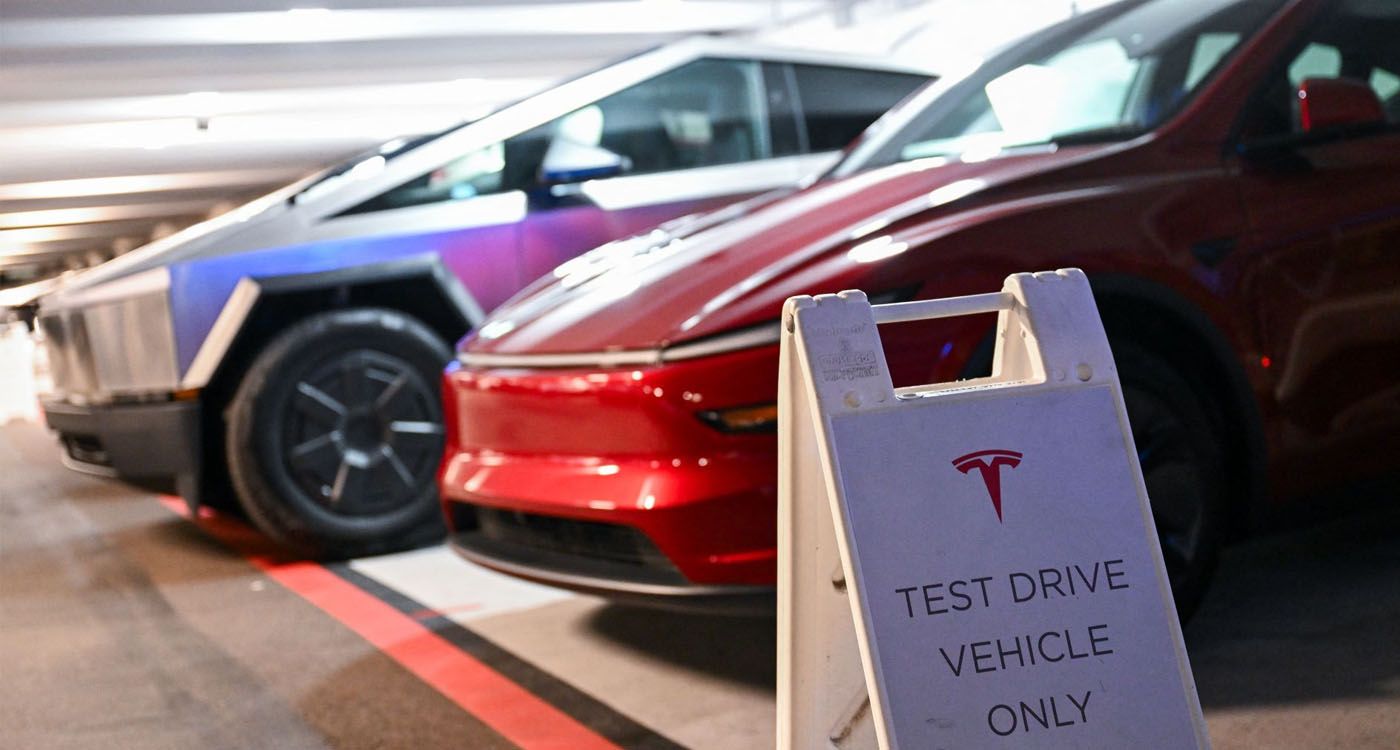
Lebanon’s new car sales continue their recovery, supported by the reopening of vehicle inspection centers, simplified procedures through LibanPost and tax incentives for electric vehicles. Despite persistently high market risks, Fitch Solutions forecasts growth of 10% in 2025.
From January to August 2025, new car registrations jumped 39.2% to 8,016 units, up from 5,759 during the same period in 2024. In August alone, 1,255 new vehicles were registered, marking a remarkable 180.8% year-on-year increase, according to the Association of Automobile Importers (AIA).
Fitch Solutions maintains an optimistic outlook, projecting passenger car sales to grow 10% in 2025 to 9,049 units, while the overall automotive market is expected to expand by 10.9%.
Reopening of Vehicle Inspection Centers and LibanPost’s Role
Lebanon’s market recovery is gaining momentum with the reopening of vehicle inspection centers nationwide and a government decision allowing certain procedures to be completed via LibanPost.
It is important to note that the private company does not conduct technical inspections. Its role is limited to receiving and forwarding documents related to vehicle registration, license renewal or issuance, in partnership with the Ministry of Transport and Public Works.
A Risk-Reward Ratio Still Unfavorable
Fitch Solutions’ risk-reward index gives Lebanon a score of 55.9 out of 100, above the regional average of 50.4 and the global average of 50.1. The country ranks 9th out of 16 in the MENA region and 75th out of 125 globally. A lower score indicates a more attractive market, either through a smaller numerator or a larger denominator.
This score reflects a market with elevated risks, though improvements in the political environment and projected GDP growth could help sustain demand.
Tax Incentives to Accelerate Electrification
Another positive development is the extension of tax incentives for electric vehicles in the 2024 budget. These include full exemption from import duties for battery electric vehicles (BEVs), an 80% reduction for plug-in hybrid electric vehicles (PHEVs) and a 70% reduction in registration and inspection fees.
These measures aim to make the market more appealing and encourage the adoption of green technologies, as Lebanon increasingly prioritizes its energy transition.





Comments